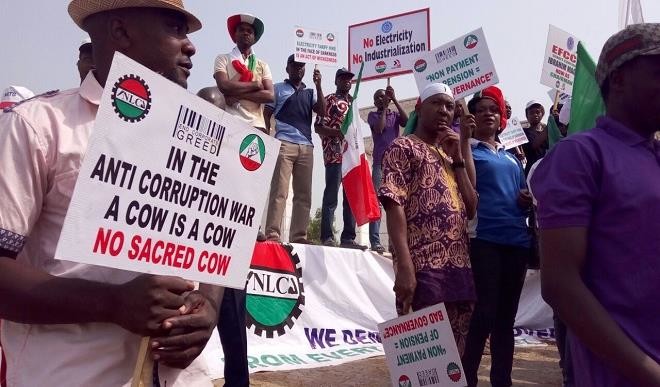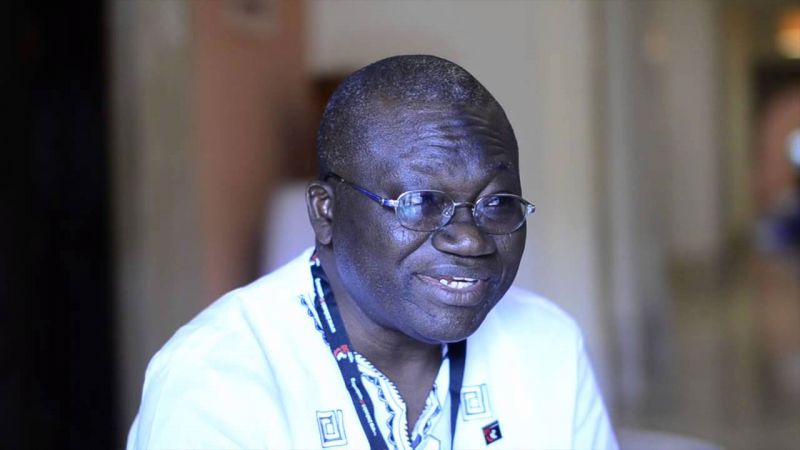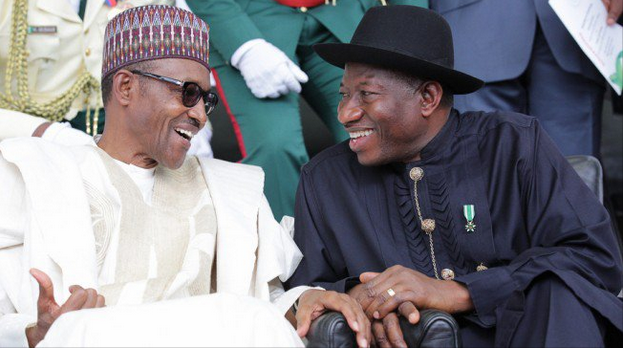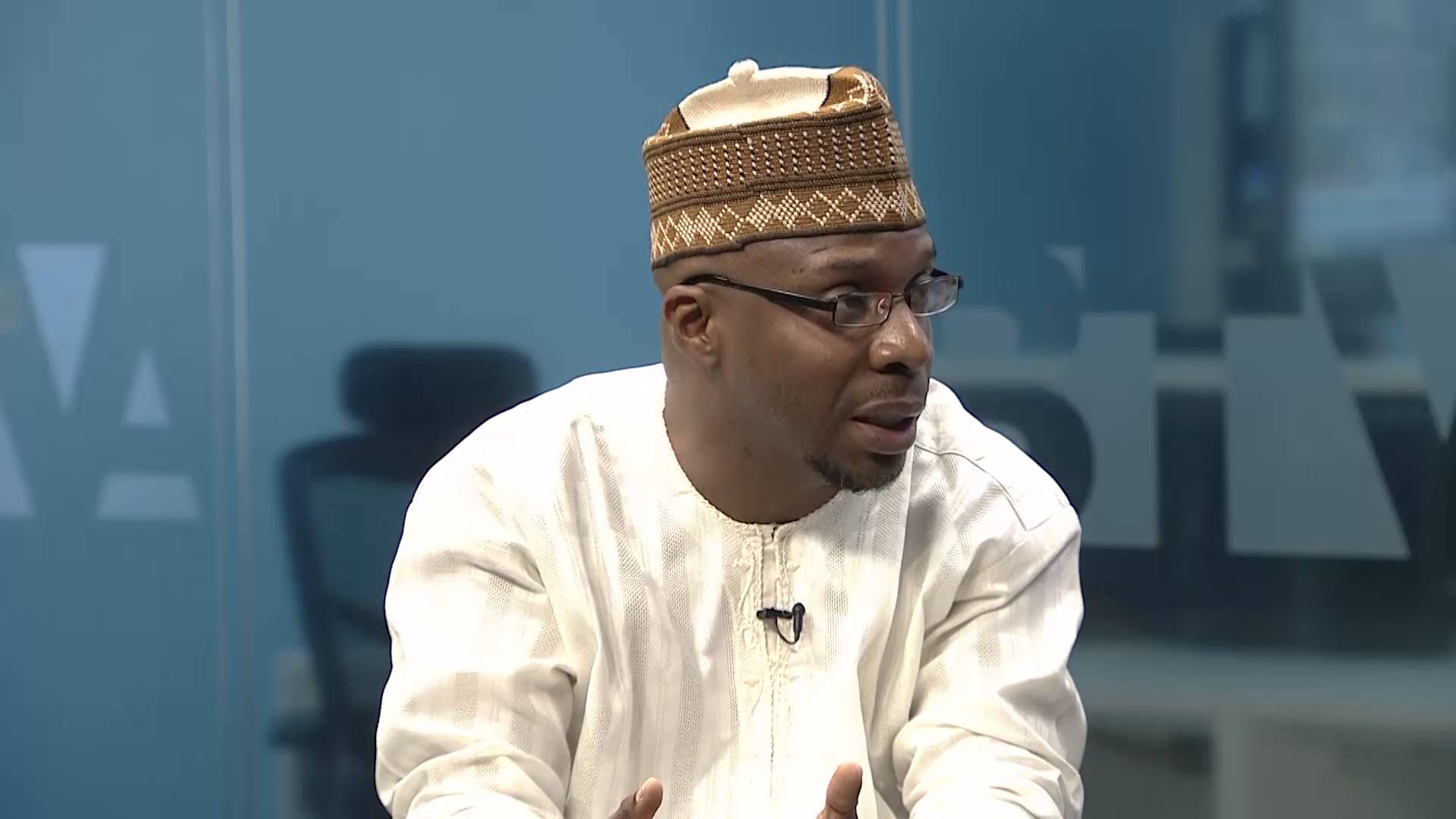Organized labour has hailed Buhari administration for initiating unprecedented far-reaching public sector reforms without retrenchment of the workforce and at the same time unleashed opportunities for mass decent employment.
A member of the National Salaries, Incomes and Wages Commission (NSIWC) Comrade Issa Aremu made this observation in Kaduna at the reception for the members of the Board of the Commission at Textile Labour House on Tuesday.
Comrade Aremu said with the “seamless adaptation” of Treasury Single Account (TSA) across the MDAs, Efficiency unit as a cost-saving measure, Zero-Based budget approach and Bank Verification Number (BVN) Buhari administration has shown that reform does not necessarily be “a war of attrition” or “shock therapy” resulting in mass job losses as it was in the past.
He said contrary to popular impression that reform means additional burden for the workforce, critical policies initiatives such as Executive Orders mandating government agencies to patronize local goods, Anchors Borrowers programme by CBN and Growth Enhancement Support Scheme had opened opportunities for more job creations.
Comrade Aremu also hailed President Buhari and his Vice President Yemi Osibanjo for facing up to the challenges of what he called the “crisis of compensation and salary administration” in line with the mandate of the National Salaries, Incomes and Wages Commission (NSIWC).
Commending the Federal government for mainstreaming wages and salary, and helping defaulting states to pay salaries, comrade Aremu urged state governors and employers of labour in both private and public sectors to emulate both President Buhari and Vice-President Yemi Osinbajo in appreciating the linkage between good pay for workers and national economic recovery.
The labour leader described Salaries and Wages Commission as the most important labour market institutions, adding that the commission under the leadership of its Chairman, Chief Egbule is fulfilling its mandate as advisor of government on remuneration, in general, adding that equitable income policy is indispensable for good governance and economic development.
The Board of the National Salaries, Incomes and Wages Commission was inaugurated in September by the Acting Secretary to the Government of the Federation (SGF), Mrs. Habiba Lawal, on behalf of President Muhammadu Buhari.
The board is chaired by Chief R. O. Egbule, appointed for a term of five years, renewable at the discretion of the President for another term not more than five years. The commission has three part-time commissioners including, Ekpo Nta, Alhaji Dauda Yahaya and Hon. Garba Musa Gulma.
The part-time commissioners are; Victoria Nnenna Chukwuani, Geoffery Yilleng, Chief E. O. Wole Iro-Aye and Ahmed Mahmud Gumel. The Permanent Secretary (Estab.), OHCSF, Permanent Secretary (Fed. Min. of Labour & Productivity, Comrade Issa Aremu and Chuma Nwankwo are the members.
The National Salaries, Incomes & Wages Commission (NSIWC) was established by Act 99 of 1993.
Its creation was based on the recommendations made at various times by ad-hoc Commissions or Panels set up by Government from time to time since 1960, to deal with issues relating to salaries and wages of Nigerian workers.
The Commission is the agency of government that is saddled with all matters relating to wages and salaries of Nigerian workers.





